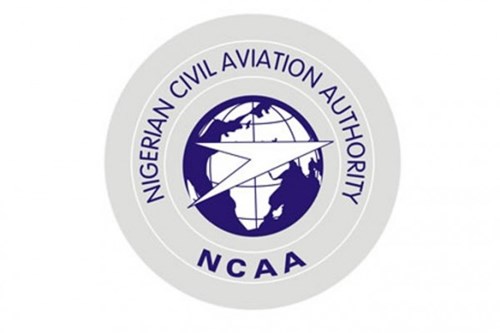Paragraph 1: Introduction to Nigeria’s State Safety Programme (SSP)
The Nigerian Civil Aviation Authority (NCAA) is significantly bolstering its safety oversight mechanisms through the development of a comprehensive State Safety Programme (SSP). The SSP is a structured framework encompassing regulations and activities designed to enhance safety within the civil aviation sector. Mandated by the International Civil Aviation Organisation (ICAO), each member state develops its own unique SSP tailored to its specific aviation environment. The SSP is not merely a collection of disparate regulations, but rather an integrated system that ensures effective safety performance and proactively addresses identified aviation safety risks. This proactive approach represents a shift from reactive measures taken after incidents occur, towards a more predictive and preventative safety culture.
Paragraph 2: The Collaborative Development Process of the SSP
The development of Nigeria’s SSP is a collaborative endeavor involving various stakeholders. The NCAA is working closely with the ICAO’s West and Central Africa Regional Office (WACAF) to refine the SSP document and ensure its alignment with international best practices. This collaboration includes technical support and guidance from WACAF-ICAO experts to address any gaps and expedite the implementation process. The NCAA has actively sought input from stakeholders throughout the development process, circulating draft documents and incorporating feedback. This inclusive approach ensures the SSP is comprehensive and reflects the diverse needs of the Nigerian aviation sector.
Paragraph 3: Stakeholder Engagement and Future Plans
The NCAA recognizes the crucial role of stakeholder engagement in the successful implementation of the SSP. Planned activities include stakeholder meetings to facilitate open dialogue and collaboration, and specialized workshops for chief executives within the aviation industry. The NCAA understands that the SSP’s success hinges on the active participation and commitment of all industry stakeholders. By involving CEOs in these workshops, the NCAA aims to foster a shared understanding of the SSP’s goals and promote a unified approach to safety management. This collaborative approach will be instrumental in creating a strong safety culture across the entire aviation sector.
Paragraph 4: Key Components and Benefits of the SSP
The SSP is designed to improve safety performance by addressing identified aviation safety risks proactively. It requires service providers to implement effective safety management systems (SMS) and continuously collect, analyze, and act upon safety data. This data-driven approach enables proactive identification of potential hazards and implementation of preventative measures. The SSP moves beyond simply reacting to incidents after they occur; it prioritizes continuous improvement through data analysis and adaptation. This shift towards proactive risk management is a critical component of the SSP’s effectiveness.
Paragraph 5: Impact on Service Providers and Regulatory Oversight
The SSP mandates that all service providers, including airlines, maintenance organizations, training organizations, and air navigation service providers, implement robust safety management systems. These SMS frameworks provide a structured approach to managing safety risks and ensuring continuous improvement. The NCAA will oversee the implementation and effectiveness of these SMS, providing regulatory guidance and ensuring compliance. This enhanced regulatory oversight will further strengthen safety performance and accountability within the aviation sector.
Paragraph 6: Transitioning to a Proactive Safety Culture
While some service providers have already begun implementing SMS, the SSP aims to standardize and elevate these systems across the entire industry. The SSP emphasizes proactive safety management, requiring service providers to continuously monitor and analyze safety data to identify and mitigate potential risks before they materialize into incidents. This proactive approach, combined with robust regulatory oversight from the NCAA, marks a significant shift towards a more preventative and predictive safety culture within the Nigerian aviation sector. The implementation of the SSP is a significant undertaking, but it represents a crucial step towards enhancing aviation safety in Nigeria and aligning with international best practices.


